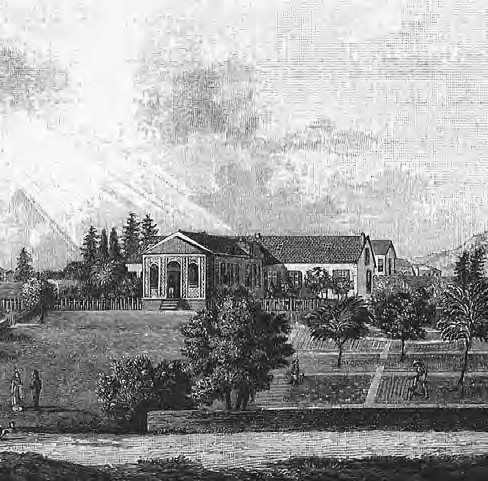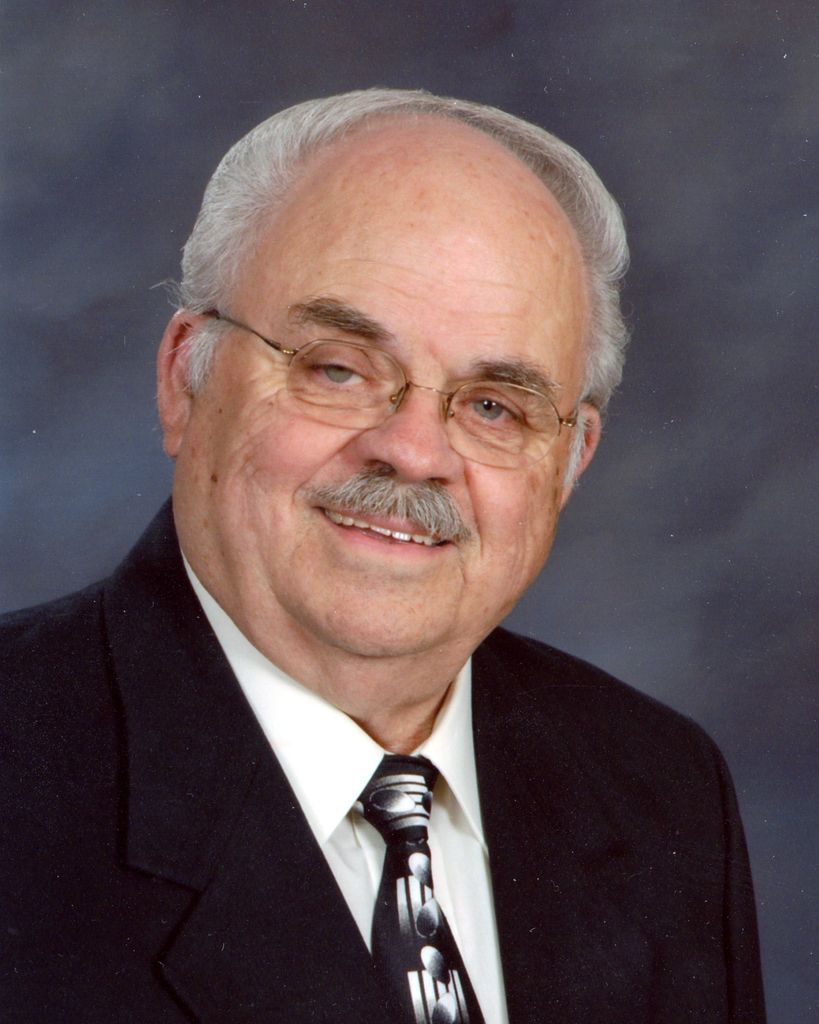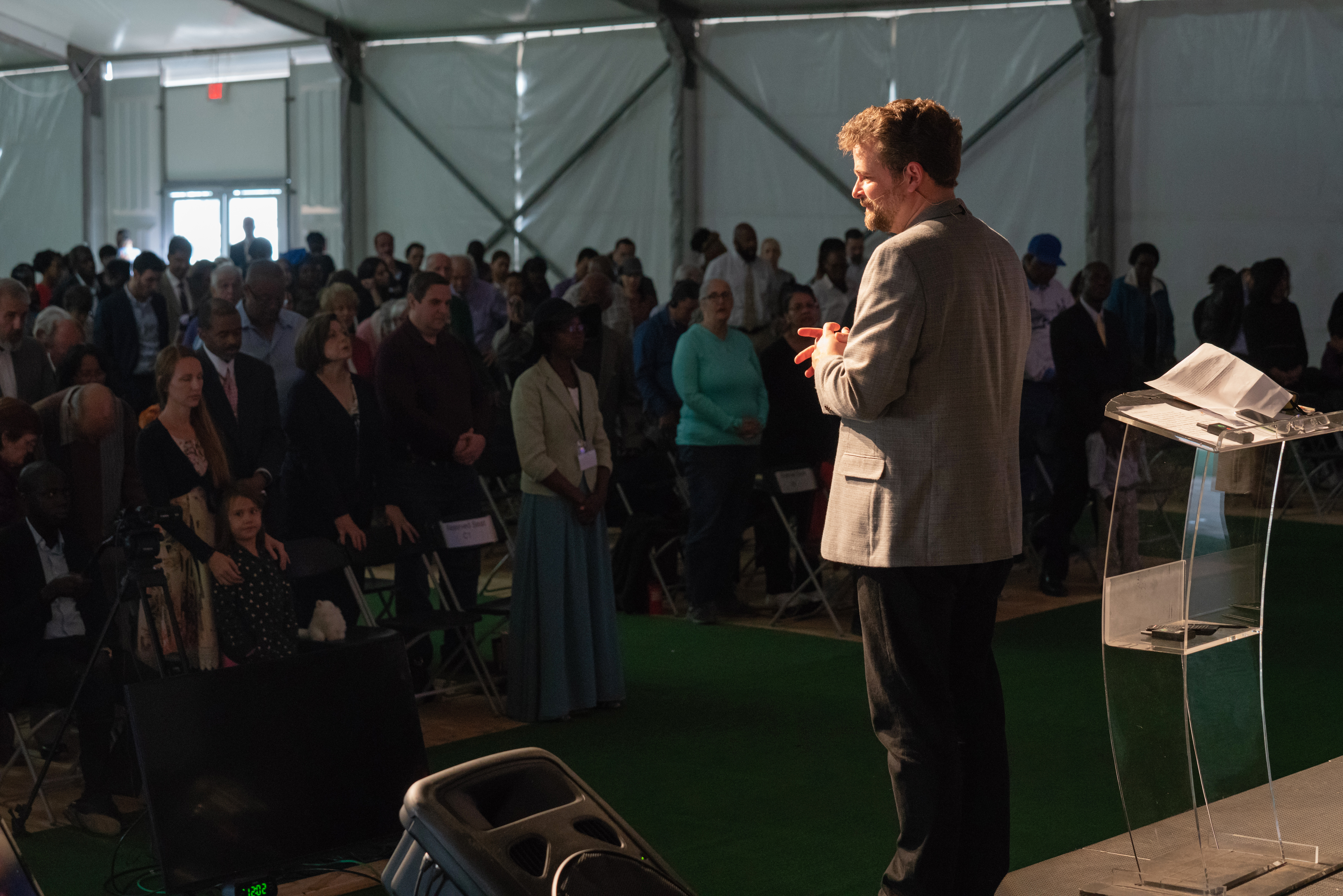
The Tragedy of Refusing to Live Free
The exiled Napoleon hated his house—or at least he pretended to. Longwood House was an East India Trading Company property that was repurposed as a home for the exiled emperor, and before long, it was decided that the home was unsuitable for a man of Napoleon's stature.
Nevermind that he was a deposed conqueror, and nevermind the fact that any one of us would have found the home utterly massive and luxurious; Napoleon complained about it until the day he died.
His cries were loud enough that the British government feared that word would spread to France that Napoleon was being mistreated. They started construction on New Longwood House, an even more luxurious property.
The strange thing about it: Napoleon refused to move into the new property as well, complaining about every single detail during its construction. Why? If he moved into a new home, he would lose his ability to complain, and thus his platform for maintaining sympathy back home.
Ultimately, he was more concerned about restoring power than freedom. If the British appeared generous and reasonable, he would be forgotten. Napoleon might have been considered a monster by the British, but if he had any hope of a second escape and a restoration to power, he had to be a martyr to the French.
This being the fourth of July, I should probably point out that many of Napoleon's troops had fled to America, and were plotting to rescue him from St. Helena. They even built a two-story mansion for him in New Orleans, a building that was ironically completed the year he died. When Napoleon learned of their desire, he stated, "I can no longer live as a private person; I prefer to be a prisoner here than dwell as a free man in the United States."
The thought of living the rest of his days in obscurity was unacceptable. He did not—could not—realize that the game was over, and he had lost. So even in exile, he kept up his failed campaign against the British. After he died, his house was used to store farm equipment. After the opening of the Suez Canal in 1869 diminished St. Helena's role as a shipping waypoint, the wave of French pilgrims wanting to see the emperor's grave dropped off steeply.
When the rest of the world knew it was over for Napoleon, he couldn't see it. It's not unlike the last desperate bid for power we find outside the New Jerusalem in Revelation 20:7-9, where Satan leads deceived hordes in a final campaign against the kingdom of Christ. The tragedy: even after the Second Coming, there will be people who choose to believe that human kingdoms are not finished—that the kingdom of Christ can be defeated.
This fall, millions of Americans will be headed to the polls to elect a new president. Unless Jesus returns, it will not be the final election. No matter who is placed in the White House, he or she will not solve the world's problems. In four years, we will be having another election. Why? Because ultimately, the problems we face as a human race will never be solved until God finally blows the whistle on our rebellion and "the kingdoms of this world have become the kingdoms of our Lord and of His Christ." (Revelation 11:15)
The kingdom of Christ is inevitable; it has been promised by God to the whole universe. Those who resist it to the end will be fighting a mere propaganda campaign doomed to failure. Their failure will be the universe's greatest tragedy, because Christ has offered freedom to anybody who wants it. But tragically, some would rather live as prisoners of pride than live free in the world to come.



